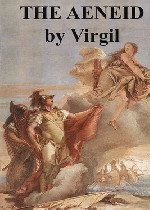
“The Aeneid” is considered by some to be one of the most important epic poems of all time. The story is as much one of the great epic hero, Aeneas, as it is of the foundation of the Roman Empire. Aeneas, a Trojan Prince who escapes after the fall of troy, travels to Italy to lay the foundations for what would become the great Roman Empire. Virgil’s “Aeneid” is a story of great adventure, war, love, and of the exploits of an epic hero. In the work Virgil makes his commentary on the state of Rome during the Rule of Augustus. It was a time that had been previously ravaged by civil wars and with the reign of Augustus order and peace had begun to be restored. That order had a price though. Many of the freedoms of the old Roman Republic had been lost under the new Imperialistic Rome. This loss of freedom and the debate over the virtues of a Roman Republic versus an Imperialistic Rome was central to Virgil’s time and is interwoven throughout the poetic narrative of “The Aeneid.” Virgil’s work forms the historical foundation for the argument of the empire over the republic as the best form of government. This edition is translated into English verse by John Dryden, includes an introduction by Harry Burton, and is printed on premium acid-free paper.
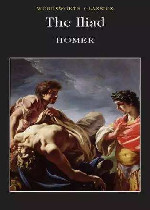
"The Iliad" is a classical epic poem about the events during the last year of the Trojan War and the fall of Troy. The tale revolves around the Greek warrior Achilles, and his anger toward the king of Mycenae, Agamemnon. While the poem shows evidence of a long oral tradition and thus most likely multiple authors, the ancient Greek poet Homer is generally attributed as its author. "The Iliad", which is thought to be the oldest extant work of literature in the ancient Greek language, is considered one of the most important literary works of classical antiquity. Presented here in this edition is the prose translation of Samuel Butler.
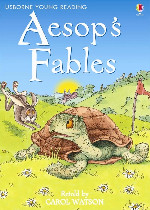
Aesop was a Greek storyteller born in approximately 620 BCE. Tradition says he was born as a slave, but developed a real talent for fables that were used to teach truths in a simple, understandable way. While Aesop was revered for his abilities, it is almost certain that many of the fables attributed to him were actually written by countless people over the ages. The fame garnered by Aesop is such that some scholars question whether he was a real person at all. (Presumably, a slave in ancient Greece would have been hard-pressed to attain the fame that Aesop did.) Be that as it may, Aesop is referred to by ancient luminaries such as Aristotle, Herodotus, and Plutarch. His fables (or those attributed to him) have been translated around the world and are the substance of numerous stories, poems, and children's books.
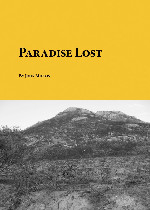
Paradise Lost, epic poem in blank verse, one of the late works by John Milton, originally issued in 10 books in 1667 and, with Books 7 and 10 each split into two parts, published in 12 books in the second edition of 1674. Many scholars consider Paradise Lost to be one of the greatest poems in the English language. It tells the biblical story of the fall from grace of Adam and Eve (and, by extension, all humanity) in language that is a supreme achievement of rhythm and sound. The 12-book structure, the technique of beginning in medias res (in the middle of the story), the invocation of the muse, and the use of the epic question are all classically inspired. The subject matter, however, is distinctly Christian.
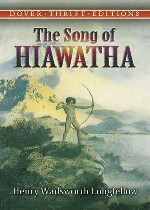
The Song of Hiawatha(海华沙之歌) 立即阅读
The Song of Hiawatha is based on the legends and stories of many North American Indian tribes, but especially those of the Ojibway Indians of northern Michigan, Wisconsin, and Minnesota. They were collected by Henry Rowe Schoolcraft, the reknowned historian, pioneer explorer, and geologist. He was superintendent of Indian affairs for Michigan from 1836 to 1841. Schoolcraft married Jane, O-bah-bahm-wawa-ge-zhe-go-qua (The Woman of the Sound Which the Stars Make Rushing Through the Sky), Johnston. Jane was a daughter of John Johnston, an early Irish fur trader, and O-shau-gus-coday-way-qua (The Woman of the Green Prairie), who was a daughter of Waub-o-jeeg (The White Fisher), who was Chief of the Ojibway tribe at La Pointe, Wisconsin.
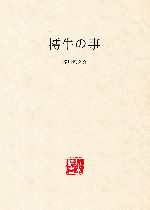
中学の三年の時だった。三学期の試験をすませたあとで、休暇中読む本を買いつけの本屋から、何冊だか取りよせたことがある。夏目先生の虞美人草なども、その時その中に交っていたかと思う。が、中でもいちばん大部だったのは、樗牛全集の五冊だった。自分はそのころから非常な濫読家だったから、一週間の休暇の間に、それらの本を手に任せて読み飛ばした。もちろん樗牛全集の一巻、二巻、四巻などは、読みは読んでもむずかしくって、よく理窟がのみこめなかったのにちがいない。が、三巻や五巻などは、相当の興味をもって、しまいまで読み通すことができたように記憶する。